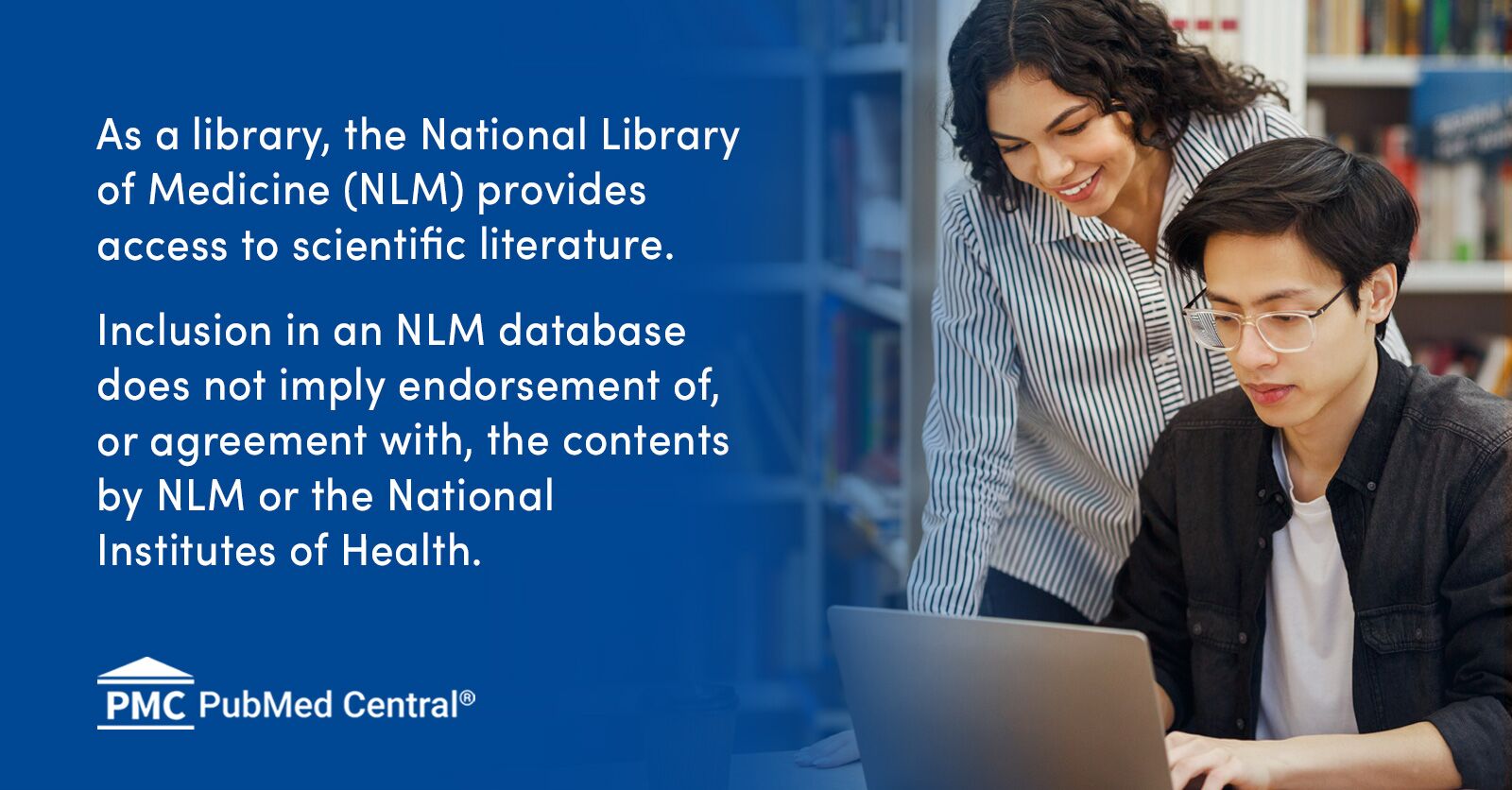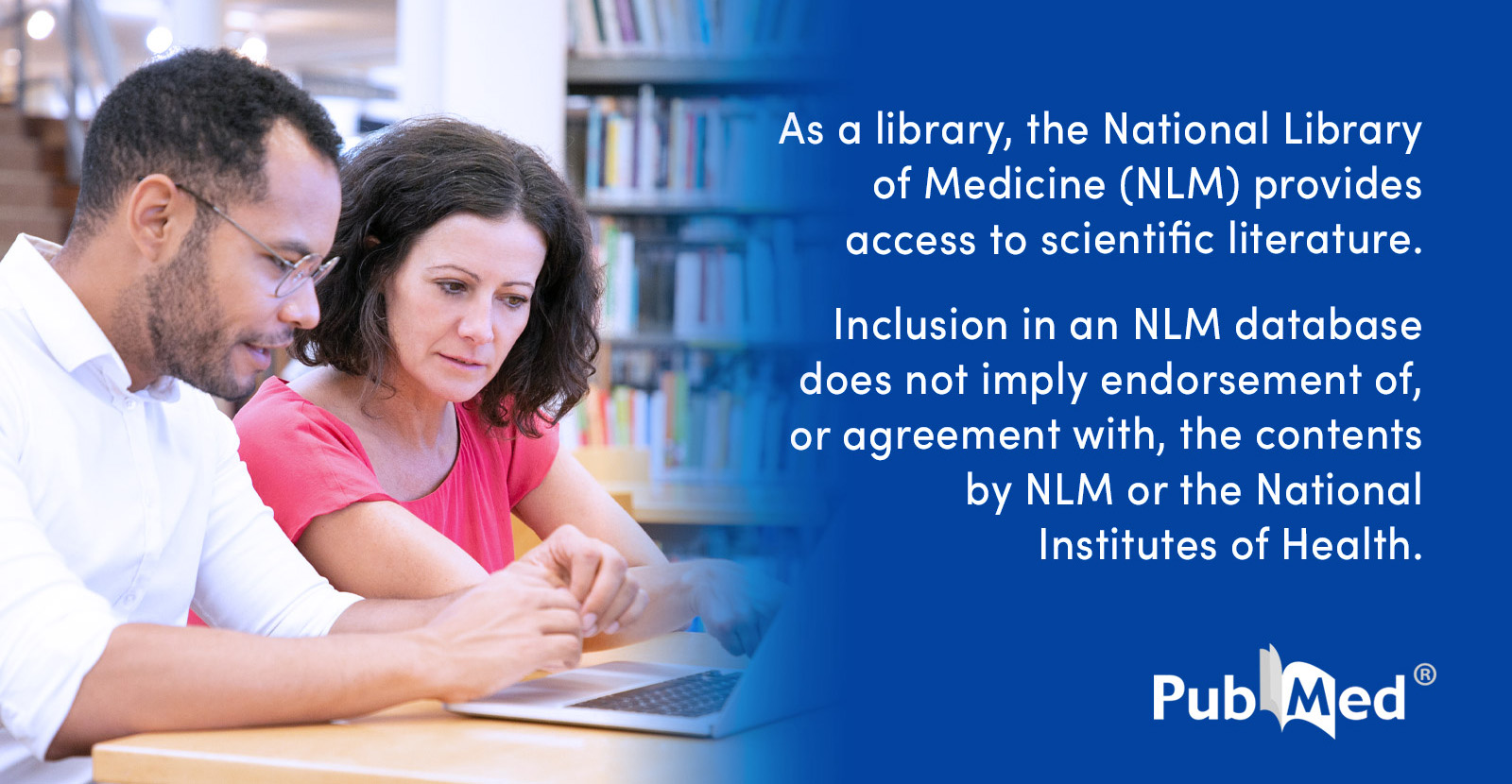dopamimetic
Bluelighter
- Joined
- Mar 21, 2013
- Messages
- 2,072
In regards to antidepressants I keep reading about trials of scopolamine either alone or as an adjunct. This leads to the conclusion that increased cholinergic / muscarinergic activity can contribute to or cause depression. If this is true, might then continued use of anticholinergic agents cause a downregulation and thus a depressive rebound? If so, will it be transient or potentially long-lasting as with dopamine agonists and post acute withdrawal?
How potent are NMDA antagonists in this regard? I just know that it's said they are have anticholinergic activity, but is it clinically significant in recreational dosages? As specific effects like dry mouth lack completely, one might guess not. Yet might it be enough to cause changes with continued use - I am speaking of months of daily use, and combined with opioids which apparently decrease cholinergic activity too and have read that opioid withdrawal is at least partially caused by cholinergic rebound.
I am struggling with heavy depression and fatigue together with feelings of inner tension probably from heavy dissociative use. As I have used them to fight depression, it was there before and I am somewhat uncertain whether I got an actual worsening or if the previous state does just feel worse when the mood lift from NMDA antagonism fades off rather quickly and throws me back in a matter of hours to a few days and the almost unreal fast way back in just some minutes or even less when take some 2-FDCK. Months off any dissos did not help to any significant degree, neither do SS/NRIs or stimulants. So I always "relapse" to use arylcyclohexylamines which even if I should really be able to sustain their use without physical damage, sooner or later the supplies will be shut down and I am desperately searching for something reliable...
How potent are NMDA antagonists in this regard? I just know that it's said they are have anticholinergic activity, but is it clinically significant in recreational dosages? As specific effects like dry mouth lack completely, one might guess not. Yet might it be enough to cause changes with continued use - I am speaking of months of daily use, and combined with opioids which apparently decrease cholinergic activity too and have read that opioid withdrawal is at least partially caused by cholinergic rebound.
I am struggling with heavy depression and fatigue together with feelings of inner tension probably from heavy dissociative use. As I have used them to fight depression, it was there before and I am somewhat uncertain whether I got an actual worsening or if the previous state does just feel worse when the mood lift from NMDA antagonism fades off rather quickly and throws me back in a matter of hours to a few days and the almost unreal fast way back in just some minutes or even less when take some 2-FDCK. Months off any dissos did not help to any significant degree, neither do SS/NRIs or stimulants. So I always "relapse" to use arylcyclohexylamines which even if I should really be able to sustain their use without physical damage, sooner or later the supplies will be shut down and I am desperately searching for something reliable...


